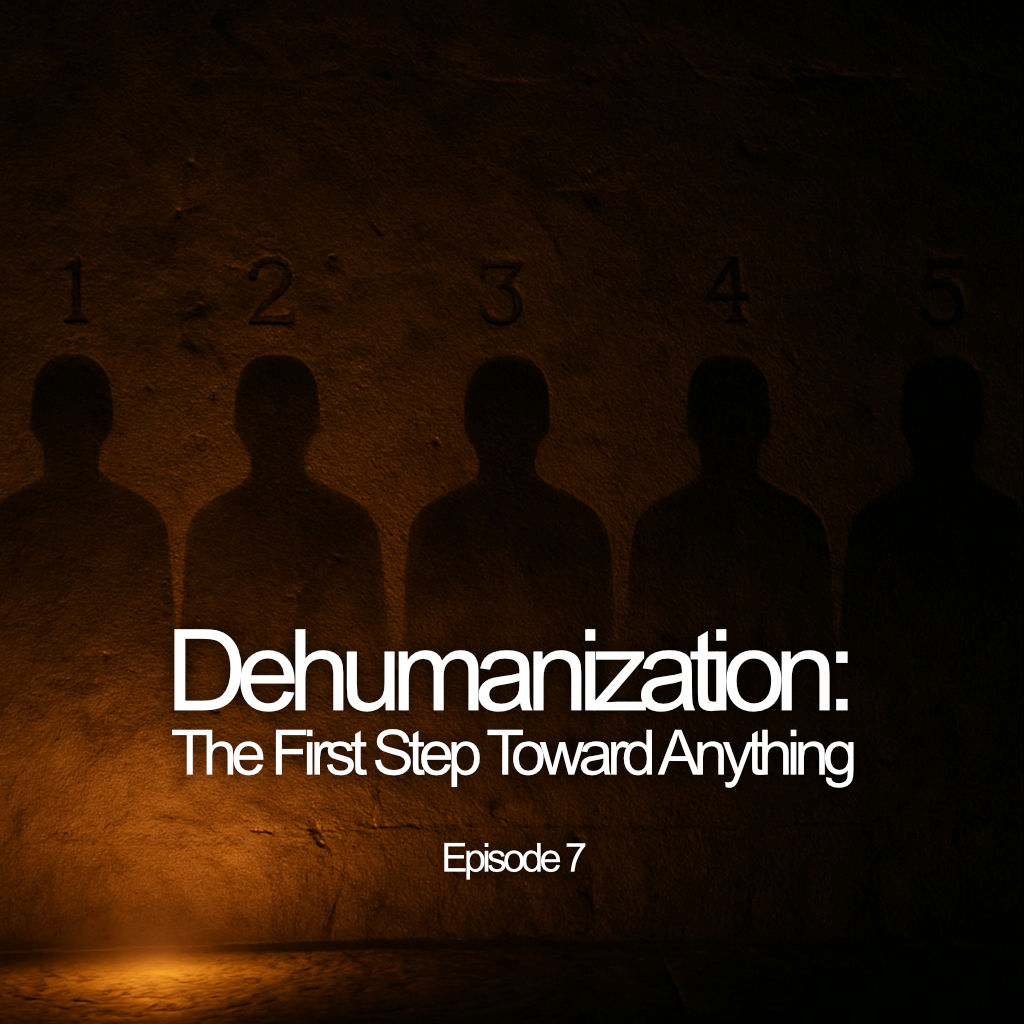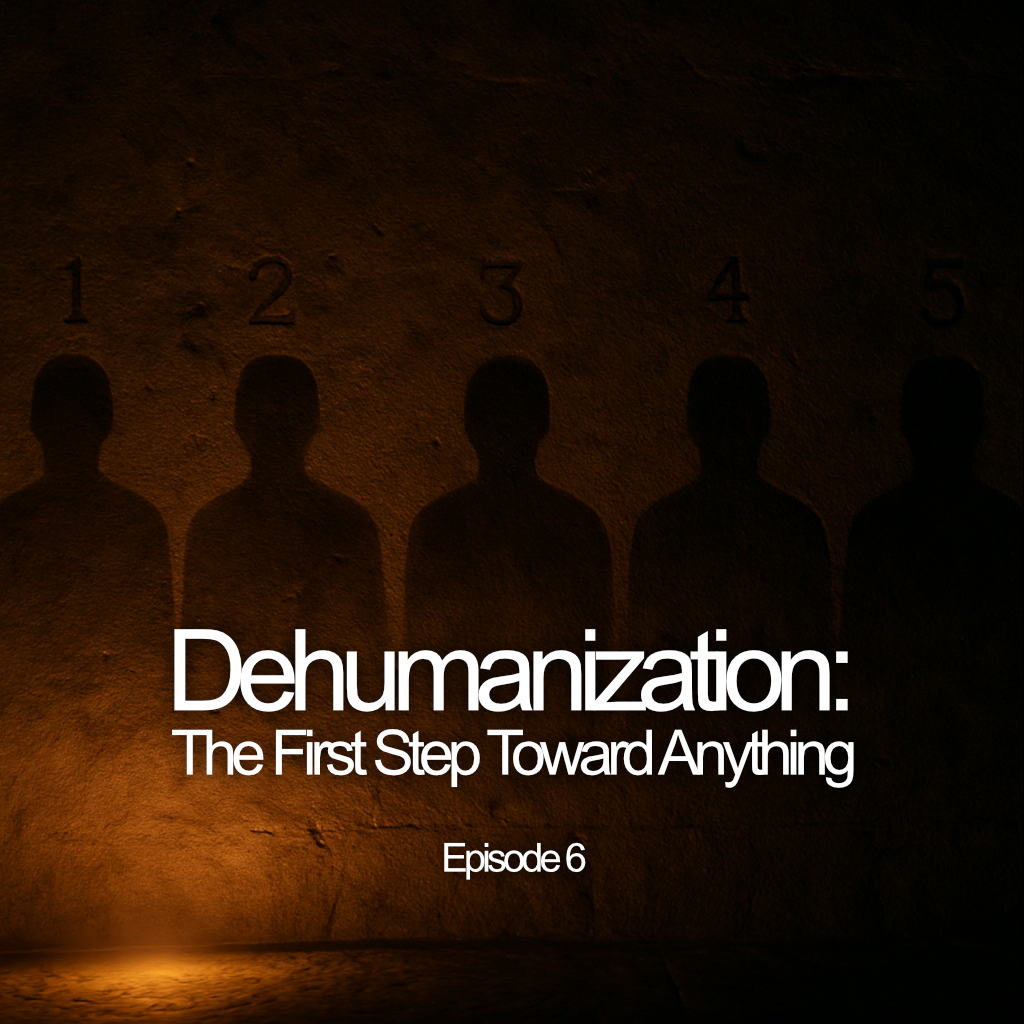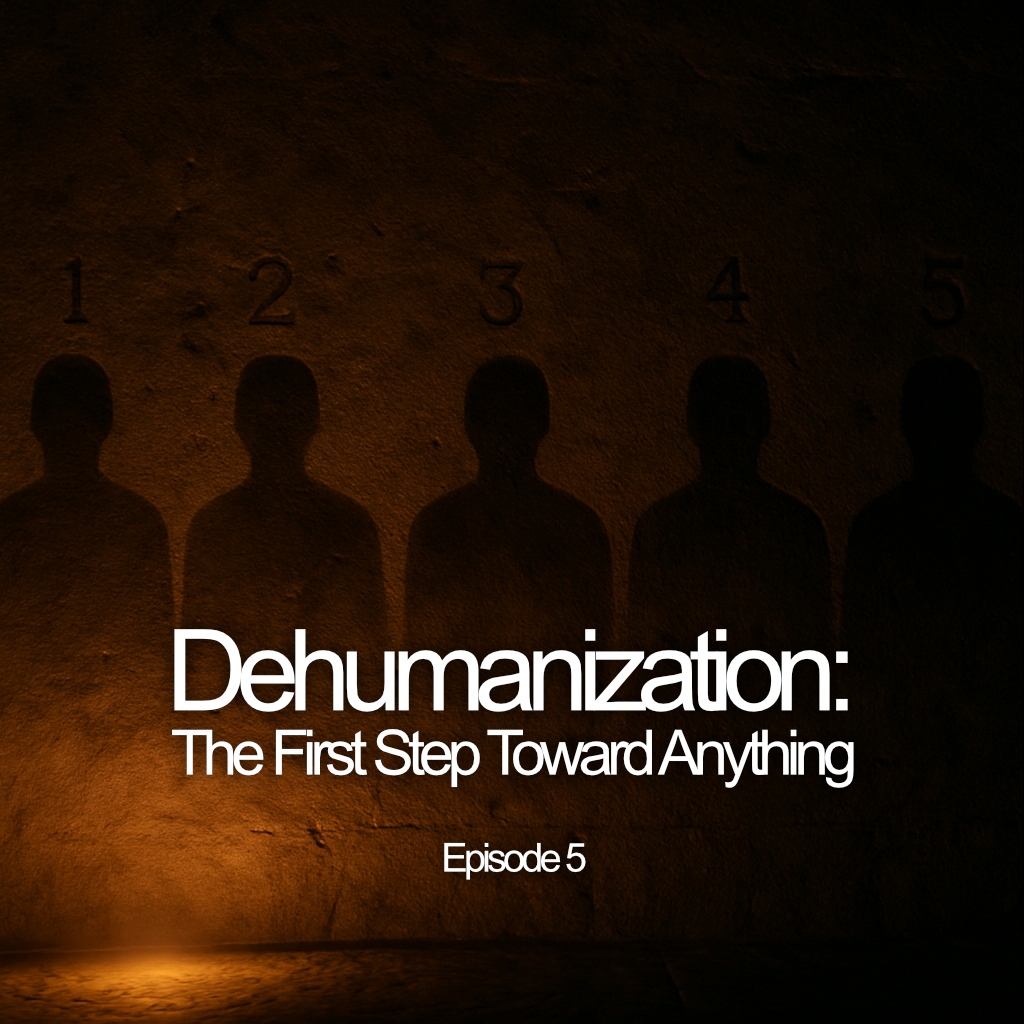There are moments in life when all available choices feel like a loss. A decision must still be made, but no matter what you choose, someone will get hurt, something will be lost, or a part of you will have to carry the consequences.
These are what we call no-win dilemmas.
And strangely enough, they may be the most formative experiences of our lives.
What Is a No-Win Dilemma?
A no-win dilemma, sometimes called a “double bind” or “catch-22,” is a situation where all choices carry risk or negative consequences. These aren’t puzzles you solve. They’re emotional and ethical crucibles-moments that test your values, integrity, and self-concept.
In some cases, the only path forward is the one you can live with. Not because it’s clean or ideal, but because it aligns with something deeper than outcome: your internal code.
Why Success Isn’t Always the Goal
Success is often measured in wins; tangible achievements, outcomes, resolutions. But some situations reveal that the true measure of character isn’t what you win, but what you’re willing to stand for, even when there’s no applause or payoff.
Think of a whistleblower exposing corruption and losing their career. A soldier refusing an immoral order. A parent choosing tough love over comfort. These are not decisions that look like success in the traditional sense. But they are deeply human acts of moral clarity.
Kobayashi Maru: The Test You’re Meant to Fail
In our course Kobayashi Maru, we explore a fictional no-win scenario from the Star Trek universe, where cadets are placed in a simulated rescue mission with no possible successful outcome. The point is not to win. The point is to see who you are when winning is off the table.
In life, these moments arrive unannounced. There’s no fanfare. Just a silent pressure building behind your ribs as you realize: every option has a cost. So what now?
How to Navigate No-Win Scenarios
Here are a few core principles we teach and explore:
- Slow down. Rash decisions can amplify harm. Stillness is not weakness.
- Listen to your gut. Instinct is often your inner compass when logic runs out.
- Name your values. What matters more than avoiding pain or blame?
- Accept imperfection. The best choice might still hurt. But that doesn’t make it the wrong one.
- Process after the fact. Reflection, not rumination, is how we find growth in loss.
Legacy Is Forged in Unseen Moments
The stories we tell about ourselves often revolve around achievements. But our real legacy may lie in the choices no one sees, the ones that cost us something, the ones that couldn’t be explained in a headline, the ones that still echo inside us years later.
No-win dilemmas don’t define your failure.
They define your framework.
And sometimes, that’s more powerful than any win.



